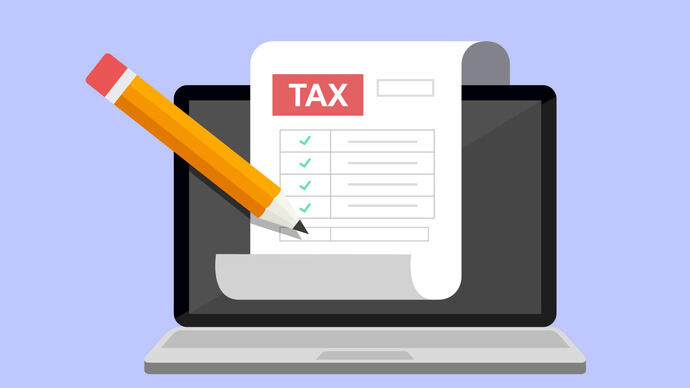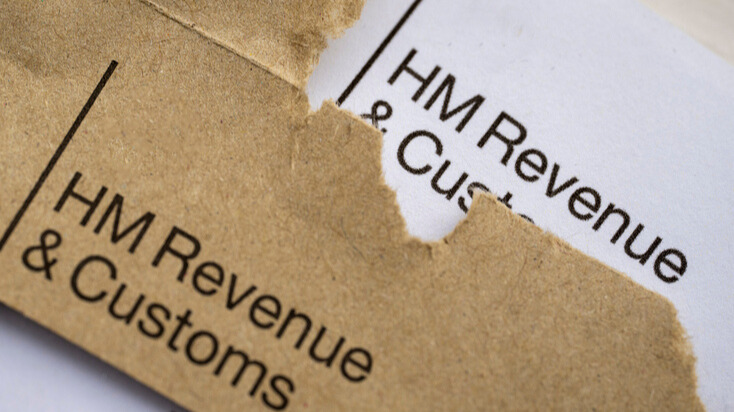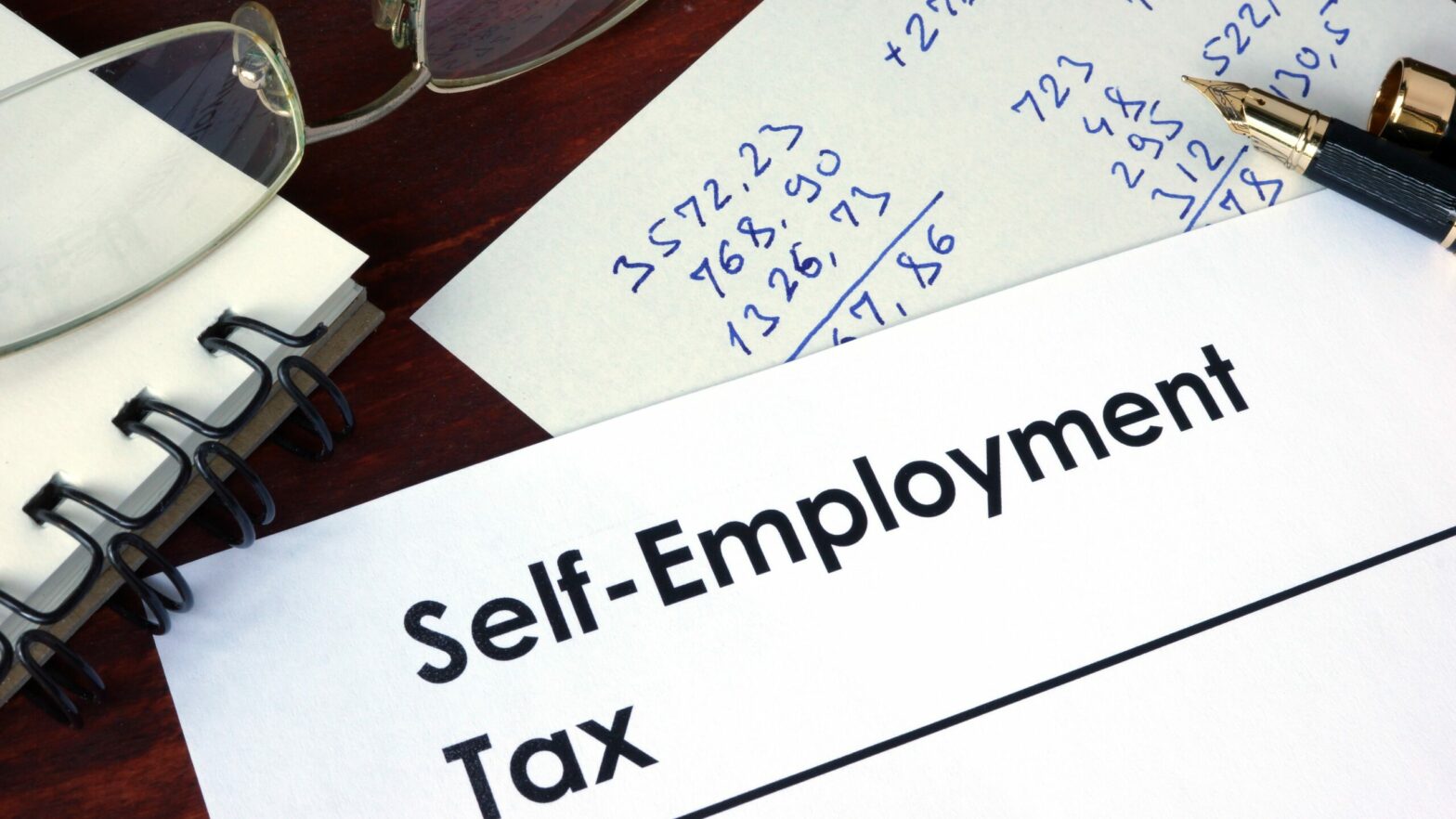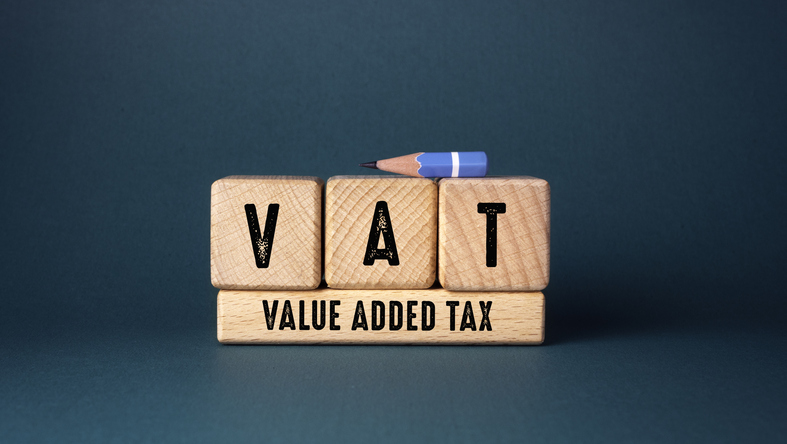‘For example, VAT is a very complicated issue,’ says Clive Lewis, Head of SMEs at the Institute of Chartered Accountants in England and Wales. ‘Many businesses make mistakes when trying to do their own books, having to turn to accountants to bail them out in the end anyway.
‘In short, a business cannot do its own audit,’ he continues. ‘An audit can only be carried out by a registered auditor, accredited by one of the six UK accountancy bodies.
There are around ten thousand registered auditors in the UK and they are generally needed when shareholders or the bank want reassurance that all is as it should be.
‘A business must have a turnover of at least £5.6 million before a mandatory audit needs to be carried out,’ he says. ‘But a company below that threshold can request an audit if they wish.’
Even without an audit, there are several simple yet significant measures that businesses can implement to keep their financial affairs in order.
‘It’s impossible to underestimate the importance of keeping records of everything,’ stresses Lewis. ‘This means having a cashbook containing details of all money going in and out, where it’s going and what it is for.’
He adds: ‘If a business reaches £60,000 turnover it must register with HM Revenue and Customs immediately, as there are fines for failing to do so. Conversely, if revenues drop below £58,000 then it can de-register.’
Even with all these measures in place, Lewis still advocates employing the services of a chartered accountant, say, at the end of the tax year. ‘They can ensure everything is in order and the business is complying with all relevant legislation.’




